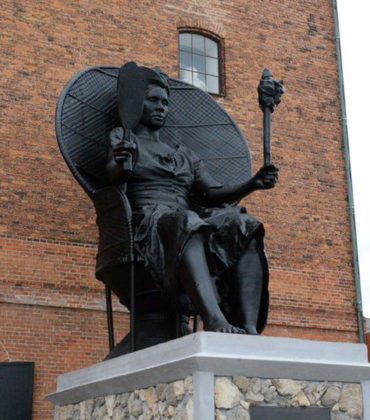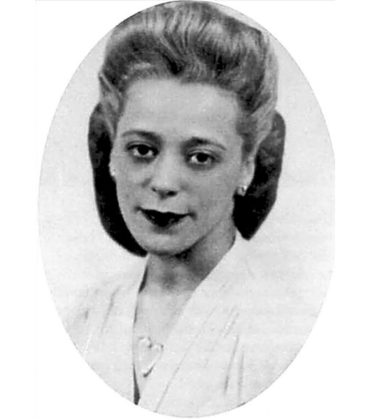
Claudette Colvin was once a little-known Civil Rights figure to anyone who wasn’t a historian. But thanks to the power of the internet, her name is has slowly becoming an often repeat bit of African-American history trivia. Her story sheds new light on the complexity of the Civil Rights Movement.
Watch Comedy Central’s “Drunk History” version of the story of Claudette Colvin, in this short clip.
As a teenager, and a member of the NAACP youth council, in 1955 Colvin was technically the first woman to protest segregated bus policies in Montgomery, Alabama by refusing to give up her seat to a white patron. Civil rights leaders felt that her status as a pregnant teen and her physical appearance, made her a less sympathetic figure. When a formal boycott of the bus system was instigated, they decided that Rosa Parks would be a better face for the movement. Colvin, did, however, serve as a plaintiff in the 1956 case of Browder v. Gayle, a lawsuit that desegregated buses. During the trial she stated,
“I kept saying, ‘He has no civil right… this is my constitutional right… you have no right to do this.’ And I just kept blabbing things out, and I never stopped. That was worse than stealing, you know, talking back to a white person.”
Colvin and the other three plaintiffs were not recognized when the 25th anniversary of the boycott arrived. Calvin told the Montgomery Advertiser in a 2005 interview,
“We were the ones who ended it,” Colvin said of segregation on buses. “They didn’t’ mention us.”
Claudette Colvin rarely told her story to the press. In the same 2005 interview with the Montgomery Advertiser Colvin stated,
“I feel very, very proud of what I did. I do feel like what I did was a spark and it caught on.” “I’m not disappointed,” Colvin said. “Let the people know Rosa Parks was the right person for the boycott. But also let them know that the attorneys took four other women to the Supreme Court to challenge the law that led to the end of segregation.”





Thank you, Ms. Colvin, for the role you played in the Montgomery Bus Boycott. I feel extremely lucky to finally hear the story about the boycott, as it should’ve been told from the very beginning.